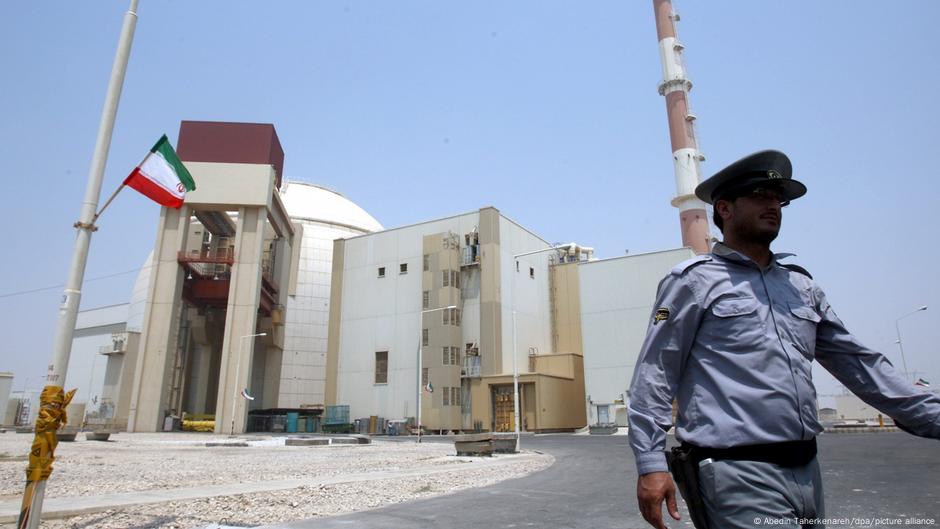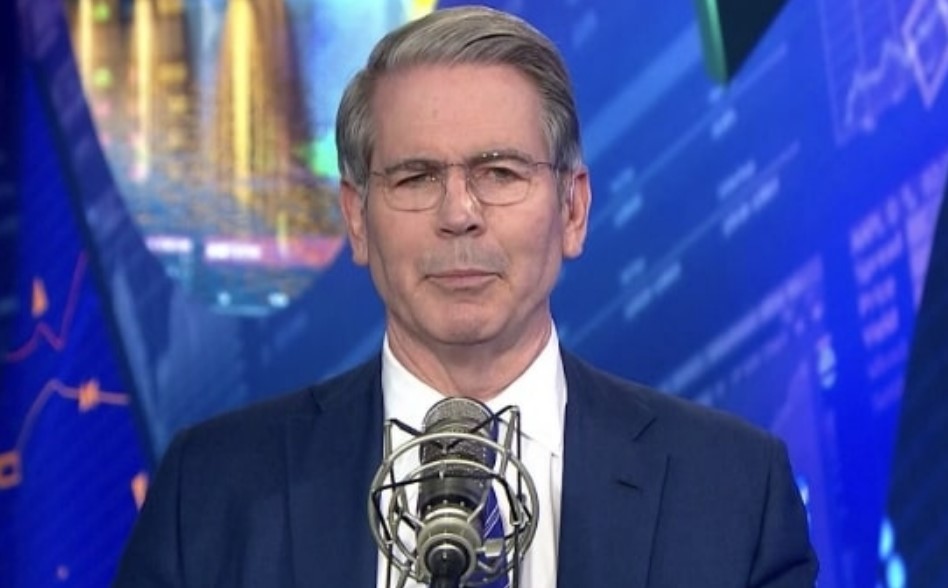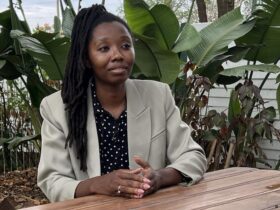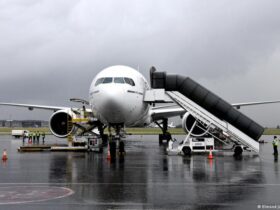Iran’s Supreme Leader Ayatollah Ali Khamenei recently rejected US President Donald Trump’s proposal to resume talks on Iran’s nuclear program.
“If an agreement is forced and its outcome is predetermined, it is not an agreement, but imposition and oppression,” said the 86-year-old, who has the final say in all matters as the Islamic Republic’s political and religious leader.
Khamenei also rejected Trump’s claim that America has destroyed Iran’s nuclear capabilities.
“The Islamic Republic believes it can score points by showing force,” Menashe Amir, a Middle East expert and veteran journalist, told DW. However, “the strategy of show of force may prove costly for Iran this time.”
Amir said Iran has lost much of its regional influence, with Hamas, Hezbollah, Houthi rebels and proxy groups in Iraq and Syria significantly weakened.
He warned that if the Iranian leadership is unwilling to at least publicly distance itself from its confrontational policy toward the West, it could lead to a more inevitable situation.
Since taking power in the 1979 revolution, the leadership of the Islamic Republic has refused to recognize Israel’s right to exist, and regularly threatens to destroy it.
In June, Israeli and US forces attacked Iranian nuclear facilities in the 12-day war. Western countries have long accused Iran of secretly working on nuclear weapons.
Tehran denies the accusation and claims its nuclear program is exclusively for civilian purposes and energy production. However, the International Atomic Energy Agency (IAEA) has repeatedly warned that Iranian uranium enrichment is approaching weapons levels.
Nuclear inspection currently closed amid sanctions
Following the reinstatement of all UN sanctions against Iran with the activation of the snapback mechanism by the E3 states (Germany, France and the United Kingdom) on 28 August, Iran has stated that it considers cooperation with the IAEA as unnecessary.
Earlier this week, Supreme National Security Council head Ali Larijani said Iran would not implement the agreement reached in Cairo with the IAEA under Egyptian mediation, calling on Iran to cooperate with the agency.
However, in a statement to the IRNA news agency he said that any IAEA request for nuclear inspections would have to be submitted to the Secretariat of the Supreme National Security Council “for review.”
“There is no doubt that the risk of conflict is very high, but the statements of Ali Khamenei and Ali Larijani show that the Islamic Republic still does not want to completely abandon the agreement,” Hamidreza Azizi, a Middle East expert at the German Institute for International and Security Affairs, told DW.
“They fear that rash actions could give Israel or the United States reason to launch a military attack,” Azizi said.
Azizi said that even before the 12-day war with Israel, the Iranian leadership had threatened to withdraw from the Nuclear Non-Proliferation Treaty.
However, Tehran did not follow through on this threat. Instead, it attempted to reach an agreement with the IAEA to prevent the snapback mechanism from being activated – in vain.
Azizi said, a similar situation is happening even today.
“The leadership of the Islamic Republic is in a dilemma. On the one hand, it does not want its previous threats to appear ineffective and hollow, but on the other hand, any drastic and brutal action could provoke an Israeli attack on Iranian nuclear facilities.”
Does the Iranian regime have any plans?
According to Azizi, Iranian security chief Larijani is trying to find a middle path because there is currently no clear way forward.
“What we are seeing currently is once again a kind of crisis management strategy by the Islamic Republic, which wants to buy time until a solution is found,” he said.
And there are signs that channels of communication between Iran and the West will remain open. Indirect talks between Iran and the US have not yet broken down and Iran is also in parallel talks with Europe.
The potential prisoner swap between France and Iran is also a sign that talks between Tehran and the West have not completely broken down.
On Thursday, Iran’s Foreign Ministry confirmed the conditional release of Mahdieh Esfandiari, an Iranian citizen jailed in France on charges of promoting terrorism on social media.
France and Iran had previously talked about exchanging Esfandiari for a French couple detained in Iran. However, it is not yet clear whether French citizens will be released.
Iran regularly uses the detention of Western citizens as a means of exerting pressure to impose its political demands and extract concessions in negotiations.
This article was originally written in German






Leave a Reply